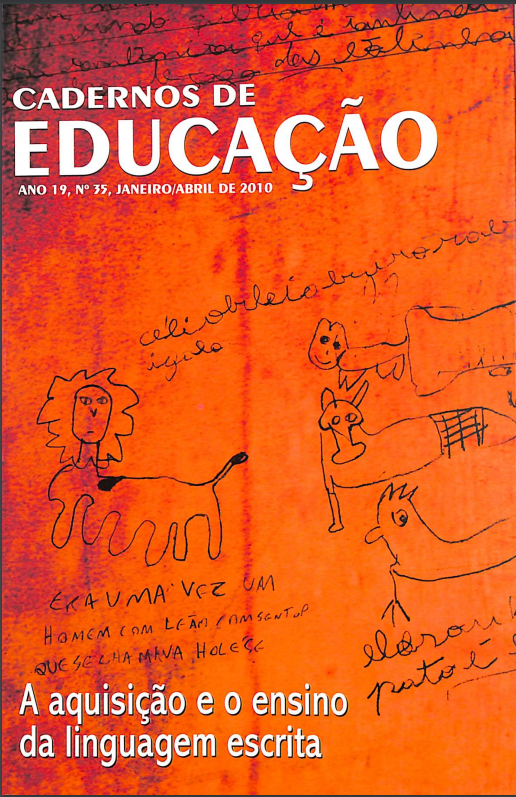METALINGUISTIC TERMINOLOGY IN ALPHABETIZATION BOOKS USED IN BRAZIL, FRANCE AND CATALONIA
Abstract
The present study explored the frequency, diversity and advance in the use of metalinguistic terminology in alphabetization books. We focused on procedural instructions for the apprentices in the proposed exercises on six textbooks from three languages (Portuguese, Catalan and French). We analyze the use of the names for the oral and written linguistic units which were categorized in different types: sublexical (“vowel”, “syllable”, “letter” etc.), lexical (“name”, “word”), phrasal (“phrase”, “question”), textual (“text”, “story”, “title”) and others (“symbol”, “diagram”). We observed that sublexical terms were the most used, but throughout the school year the rates of textual terms tended to increase in frequency. Discussing the relationship between these evidences and theoretical conceptions about learning to read and to write, we suggest that the use of terms in textbooks does not imply children’s understanding of the concepts those terms refer to.


